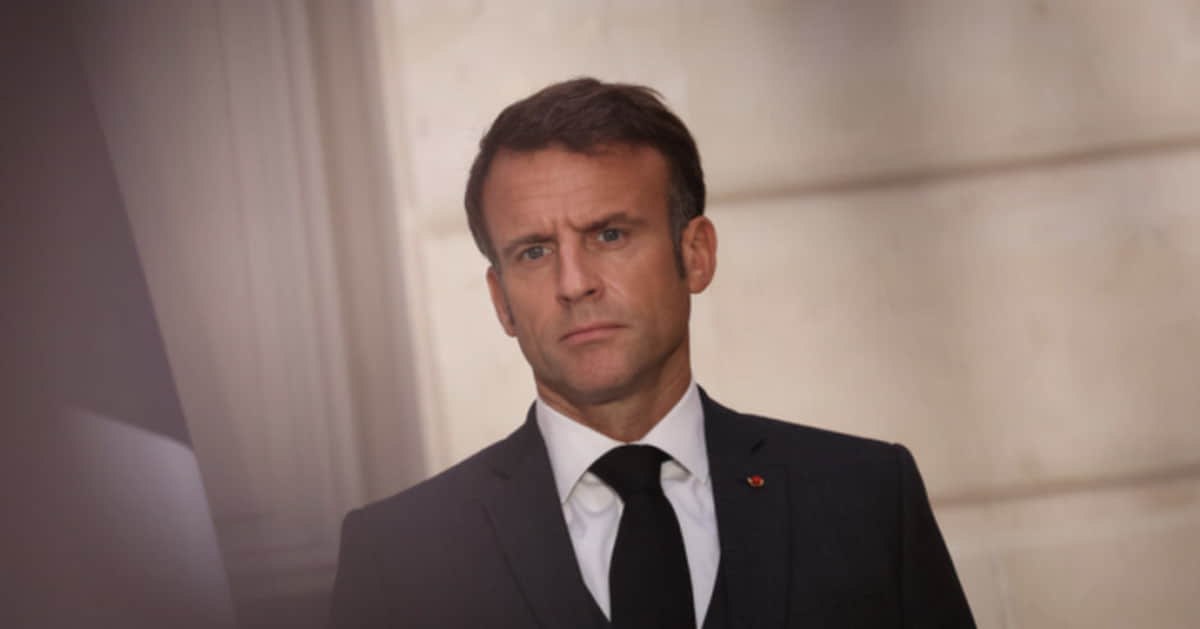What Macron hopes for in a tense standoff with far right for parliament

The election campaign in France is to end in less than a week. The main contenders, the far-right National Rally and the left-wing New Popular Front, are offering voters what representatives of President Emmanuel Macron's bloc call unrealistic populism. In this situation, President Emmanuel Macron can only hope for a "voter awakening" from those who dislike either far-right or far-left politicians leading the French government.
Read more about the situation in France ahead of the snap parliamentary election in an RFI article Last chance to avoid the the far right triumph: What Macron and his party are counting on. Advertisement: The far-right and the left, in their public statements, seem to "ignore" the presidential party.
"In this election, it's going to be either the far right, or us," says Marine Tondelier, of New Popular Front, a coalition of left-wing forces, told reporters. President Macron sharply criticises both the left, calling New Popular Front" "unnatural," and the far-right. He labels them the main threat to the existence of France as we know it: a republican, democratic, pro-European country of human rights, freedom of speech and legislatively enshrined hospitality towards foreigners.
The problem, however, is that current polls hardly give the presidential party a chance to form a ruling majority. It is most for the president to cohabitate with an opposition government. According to an Ifop-Fiducial poll published on Thursday, 20 June, the first survey conducted after all candidates in all districts were announced, the presidential coalition, although "has improved its position," still significantly lags behind its competitors.
22% are ready to vote for the Macronists, 29% for the New Popular Front and 34% for the Le Penists, the far-right National Rally led by Marine Le Pen. President Emmanuel Macron, during this swift election campaign, at the insistence of representatives of his majority, has somewhat stepped back to avoid projecting his high negative rating onto his own candidates. Following the pre-election campaign strategy, 35-year-old Prime Minister Gabriel Attal stated that he considers the vote to be effectively a referendum on the government's vote of confidence, which he has led since January.
"For the first time in over 25 years, the French will elect a prime minister," said the young prime minister. "On 9 January, the president of the republic appointed me (head of government). On 30 June (the first round. - Ed.), I want the French to elect me." Gabriel Attal frames the question as follows: voters must decide who will be prime minister after this election - him, Jordan Bardella or the far-left politician Jean-Luc Melenchon?
Meanwhile, on the evening of 21 June, a fresh poll showed that the far-right Le Penists could get more than twice as many seats as they had before. The president has one week to "awaken voters" and reverse this negative trend. However, the far-right themselves provide significant reasons to alarm voters.
If you notice an error, select the required text and press Ctrl + Enter to report it to the editors.